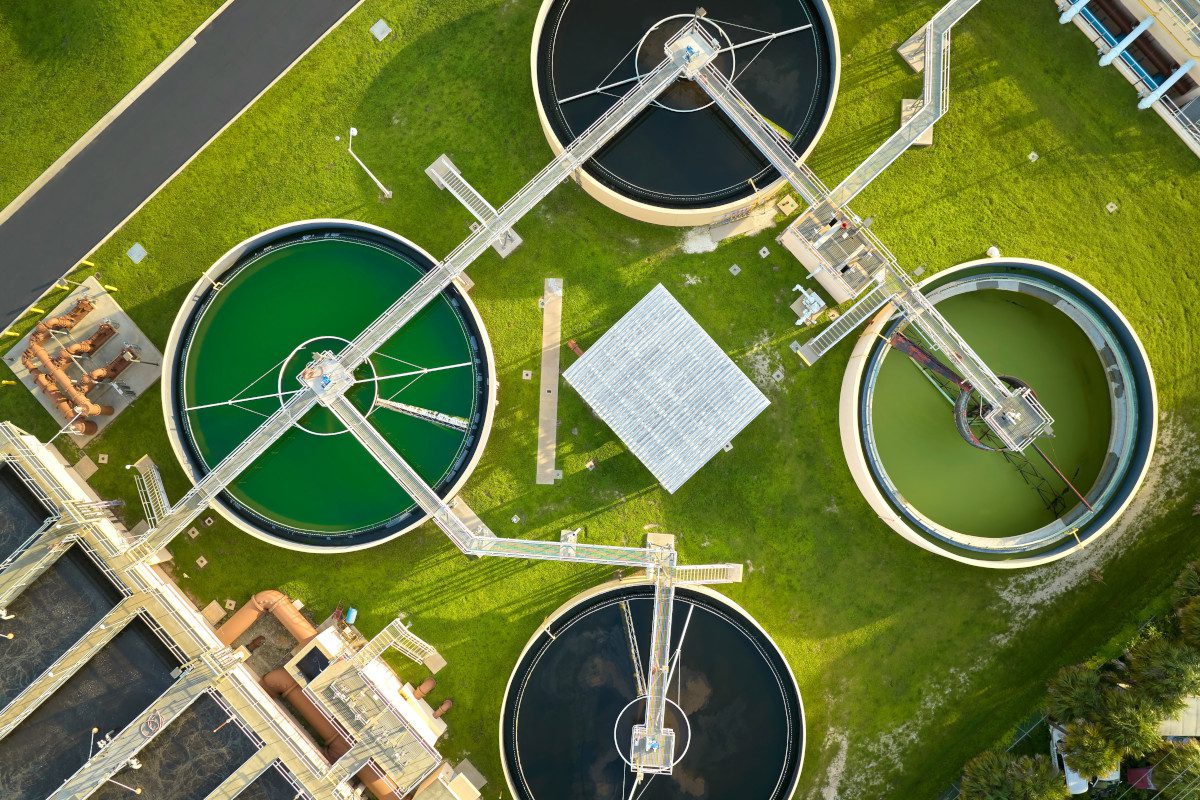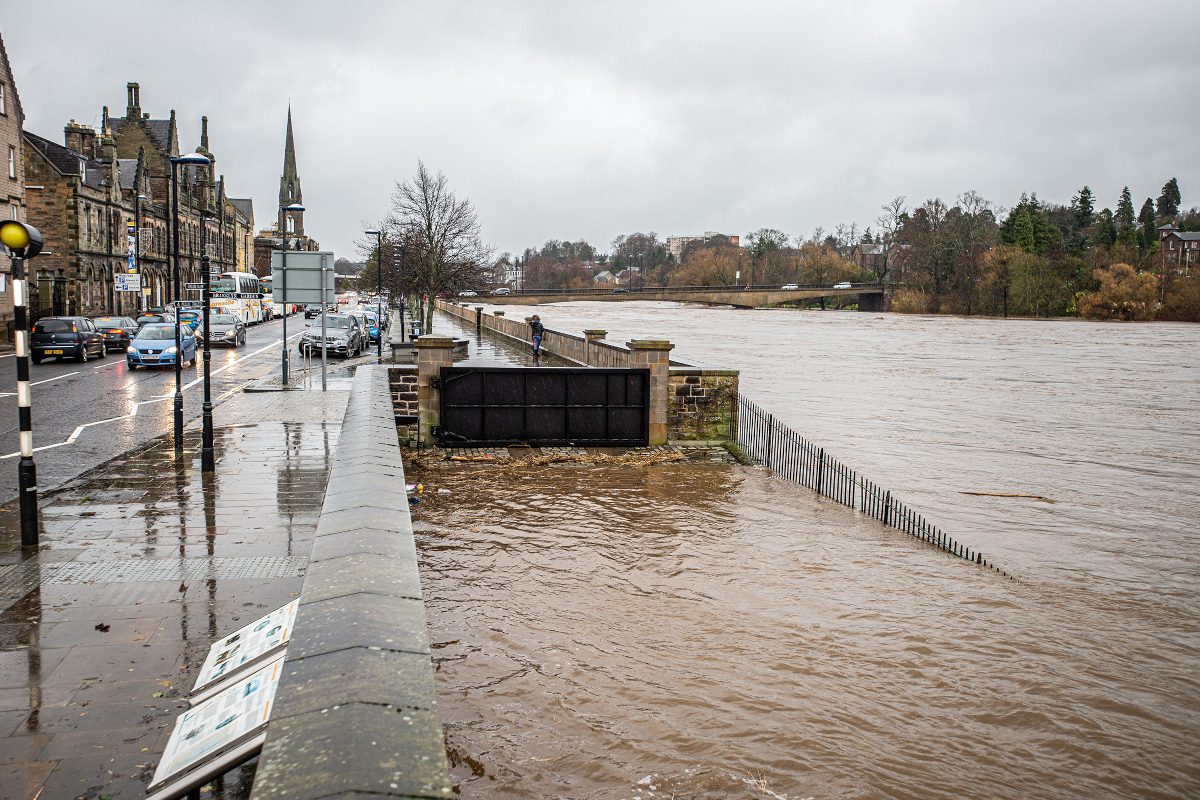Independent analysis has estimated that more than half of Thames Water’s 351 sewage treatment works are currently operating without sufficient capacity to treat the volumes of sewage they receive.
Research conducted by the volunteer-led Oxford Rivers Improvement Campaign (ORIC) has identified 181 treatment works falling short of required capacity. Of these, 94 have between 80–100% of the necessary treatment capacity, 70 operate between 60–80%, and an alarming 17 sites function at less than 60%. In some cases, such as Hanwell and Bourton-on-the-Water in Oxfordshire, facilities are estimated to be treating less than half the sewage they receive.
A lack of treatment capacity leads to untreated sewage discharges (storm overflows) happening more frequently. Most of the worst-performing works are found outside of London in headwater streams and tributaries of the River Thames, where raw or partially treated sewage is likely to be more harmful to the river ecosystem, as small waterbodies cannot dilute pollutants effectively.
This seemingly comprehensive research, spanning over two years, was based on data secured via Environmental Information Requests from Thames Water and cross-referenced with population figures. Required treatment capacities were calculated using a methodology approved by the Environment Agency. Whilst not officially approved by the regulators, these figures nevertheless give an indication of areas where sewage works are facing capacity issues.
The findings are now publicly accessible through a new interactive map on the Oxford Rivers Project Portal. Environmental charity Thames21 has helped to develop the Oxford Rivers Project Portal with its partners.
Commenting on the Oxford Rivers Improvement Campaign’s report, John Bryden, Head of Improving Rivers at Thames21 and Regional Development Manager at The Rivers Trust, said: “Thames Water’s underperforming sewage works need to be upgraded to meet modern regulatory requirements — where housing growth is planned, upgrades to sewage works are needed before the development is constructed.
“Swift action is needed, particularly in headwater streams. This should happen through a combination of traditional grey solutions, like building bigger treatment tanks, and lining sewers, and green solutions such as sustainable drainage systems and treatment wetlands. By making this data public, we aim to empower communities, environmental groups, and local authorities to call for immediate infrastructure upgrades.”
The publication of this map comes shortly after a major Ofwat investigation, which found that in 2021 Thames Water breached environmental permit conditions at 157 sites and was fined £104.5 million for failures to maintain and upgrade its assets appropriately.
ORIC co-founder Mark Hull said: “It is astonishing that Thames Water appear to not know the treatment capacity of 120 of their sewage works. It’s even more astonishing that of the remaining 181 works, over three quarters have tanks and pipes that are too small to handle all the sewage arriving when it rains.
“This has caused a rising tide of raw sewage discharges into the River Thames over the six years since automatic monitoring. In 2020, 22 works discharged raw sewage for more than 38 hours a week (a working week) but that figure had almost doubled by 2024. Meanwhile, the total hours spent discharging raw sewage from those works with inadequate capacity more than doubled to 120,000 hours last year.”
Tessa Fayers, Thames Water’s Waste and Bioresources Director, said: “We know how much people enjoy and appreciate rivers, which is why over the next five years we will deliver a record amount of investment to address our ageing infrastructure and meet the demands that come with population growth and climate change.
“We are committed to seeing waterways thrive, but we can’t do it alone. Farming, industry, road runoff, wildlife and increasingly extreme weather also play a role in river health. We believe that all storm discharges to the environment, even when permitted, are unacceptable, however, it’s important to remember that they system was historically designed in this way to prevent sewage backing up into homes. This is an issue that will take many years and significant investment to resolve and is at the heart of our Storm Overflow Action Plan.
“Transparency is at the heart of what we do, and we were the first water company to publish a real time data map on our website showing all storm overflows, before it became legal requirement to do so.”
The map of all sewage works can be accessed, and the full dataset downloaded at https://oxfordrivers.ceh.ac.uk/data/casestudy-tw-stc.
















